Drug Dealing


The crime of drug trafficking
Drug trafficking is a multifaceted phenomenon in all its manifestations. The production and trafficking of narcotics from one point of view marks the security and comfort of the human soul and body and causes the creation of opaque financial markets, the spread of economic and financial corruption, the creation of unhealthy competition, the emergence of a class of criminals with vast material possibilities at the level of the police force and security agencies. The phenomenon of drug trafficking is one of the most important threats to the economic, social, cultural system and human societies, which burns the roots of morality in society and is the result of corruption. Drug trafficking, as a predominantly organized and international crime, is the root of many economic corruptions and the cause of the loss of many job opportunities for the working population of a country, and for this reason, many rules are set in different periods.
What is drug trafficking?
Drug trafficking means the importation of all addictive natural and chemical substances that are prohibited or allowed to enter or leave the country illegally and some of these narcotics may create movement and illusion. A person who commits trafficking is called a trafficker or trader.
Punishment of drug trafficking
The main punishments for crimes related to drug trafficking in terms of type and amount of punishment during the past years, and especially after the revolution, go through almost the same process with minor changes, and the main difference is in the amount of punishment which include heavy fines, include execution, imprisonment, fines, flogging, confiscation, and confiscation of property.
Penalties for carrying drugs
According to Article 4 of the Anti-Narcotics Law, the penalties for the transportation and storage of cannabis, hashish, grass, opium, sap, burnt and opium waste are as follows:
1- From one to fifty grams, up to four million rials fine and up to fifty lashes.
2- For more than fifty grams to five hundred grams, a fine of four million to fifty million rials and twenty to seventy-four lashes, and if the court deems it necessary, up to three years of imprisonment awaits him.
3- For more than five hundred grams to five kilograms, a fine of fifty million to two hundred million rials and fifty to seventy-four lashes and three to fifteen years of imprisonment.
4- Finally, if it is more than 5 kg, it is subject to the death penalty. With the approval of the new amendment to the Anti-Narcotics Law in 2017, this amount increased to 50 kg and the maximum sentence for lesser offenses is 30 years.
Article 8 of the law also stipulates the punishment for transporting, exporting and importing heroin, morphine, cocaine, glass, ASD, and ecstasy as follows:
1- Up to 5 cm fine from 500 thousand Rials to one million Rials and 20 lashes.
2- More than 5 cm to one gram of fine from 2 million to 6 million Rials and 30 to 70 lashes.
3- More than one gram to 4 grams fine from 8 million to 20 million rials and two to 5 years imprisonment and 30 to 74 lashes.
4- More than 15 grams to 30 grams fine from 40 million to 60 million rials and 10 to 15 years imprisonment and 30 to 74 lashes and finally if it is more than 30 grams is subject to execution. But in the new amendment to the law approved in 2017, the death penalty increased from 30 grams to 2 kilograms.
Punishment of the deputy for transporting drugs
The deputy criminal means persons who have not acted or initiated an action in the first place. Article 126 of the Penal Code stipulates in this regard: The following persons are considered deputy criminals:
1- To persuade, threaten, bribe or incite anyone else to commit a crime or to cause a crime by conspiracy, deception or abuse of power.
2- Everyone makes or prepares the means of committing a crime or provides the perpetrator with the means of committing a crime.
3- Everyone should facilitate the occurrence of crime.
The examples mentioned in Article 126 are exclusive, but its components are not limited and unique examples. According to Article 127 of the Islamic Penal Code, if no other punishment is prescribed for the deputy in the Shari’a, his punishment is as follows:
A- In crimes for which the legal punishment is deprivation of life or permanent imprisonment, second or third degree imprisonment
B- In case of partial theft and intentional amputation of a limb, fifth or sixth degree imprisonment
C- In crimes for which the legal punishment is a partial flogging, thirty-one to seventy-four lashes of the sixth degree
D- In crimes causing deflation, one to two degrees lower than the punishment for the crime committed
Note 1- In the case of paragraph (d) of this article, the punishment of the deputy is a type of legal punishment for the crime, except in the case of confiscation of property, permanent dismissal and publication of a sentence.
Note 2: If retaliation against a person or a member is not carried out for any reason, the punishment of the deputy shall be applied according to the amount of deflation of the main perpetrator of the crime, in accordance with paragraph (d) of this article.
Discount factors for drug offenders
1- No bad background
2- Not having a criminal record according to the drug law can be one of the factors to reduce the punishment of traffickers.
3- Existence of honorable motive: In general, the existence of honorable motive is one of the factors of mitigation in all punishments.
4- Cooperating with the police or the judicial authority in order to discover the effects and justice of the crime or other criminals.
If you have any questions about the crime of drug trafficking and related legal provisions, or if you need guidance in preparing and implementing the provisions of the petition and the bill on the crime of drug trafficking, our experienced consultants and lawyers at the Asian Bar Association will answer your questions.


